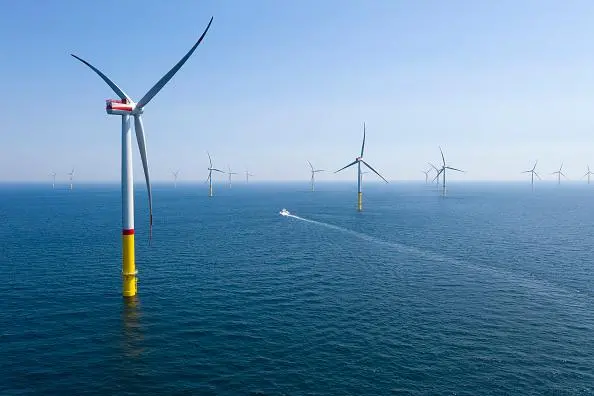PHOTO
Oil prices have rallied to their highest level since the fourth quarter of 2014, an increase in line with a forecast we provided our clients over a year ago.
Initially, most market watchers refused to believe that OPEC could effectively rein in production to work down oil inventories. However, the Saudi-led program resulted in the largest inventory draw in the market’s history, and lifted oil prices closer to budget-friendly levels for oil exporters.
As things stand, the disbelief on display a year ago regarding a tighter oil balance has been replaced by concerns the global economic recovery will stall. This fear is manifested in the obvious political jockeying, such as US President Joe Biden administration’s pleading with OPEC to push extra crude oil into the market and help lower gasoline prices “at the pump” ahead of US midterm elections.
One of the ironies of large consuming countries’ complaints about oil prices, which are still dramatically lower than economically dangerous levels, is the concurrent push for “green energy.”
It seems fair to assume that all would agree a healthier planet is in everyone’s long-term interest. But as we have noted in this column previously, it is unrealistic to assume the world can simply “quit oil” within a couple of decades. Sending the world back to the stone age, which is what these policies would do, is definitely not in everyone’s interest.
Most petroleum, about 74 percent of the total, is consumed as transport fuel, with the next largest chunk, about 24 percent, used for petrochemical feedstocks. There is no realistic alternative of scale that can serve as a substitute for this oil use.
Additionally, almost 70 percent of the world’s electricity, arguably the largest commodity consumed in most economies, is sourced to a hydrocarbon — mainly coal, which is used to generate half the world’s electricity.
The push by many governments toward “green energy” and the related anti-carbon positioning will cause a massive misallocation of resources away from necessary energy sources.
In the case of oil, it has become evident in a number of non-OPEC countries that the business climate is going to be made more arduous — whether it is in the form of restrictions on leasing, emission controls, income tax rates, etc.
There has already been a drastic reduction in spending on exploration and production activity globally since 2014, with the accumulated cut totaling $2.2 trillion. That alone raised concerns about whether oil supply will be able to adequately meet demand once the world recovers from the pandemic-related slowdown.
We have to wonder whether those who are so outspoken about the push for “green energy” realize that the related misallocation of resources will simply intensify bullish oil market fundamentals.
• Michael Rothman is the president and founder of Cornerstone Analytics, a US-based consultancy focusing on macro-energy research. He has nearly 40 years’ experience covering the global energy markets and has been attending OPEC meetings since 1986. He is also the author of ‘Cornerstones of Life,’ available on Amazon.com
Copyright: Arab News © 2021 All rights reserved. Provided by SyndiGate Media Inc. (Syndigate.info).





















